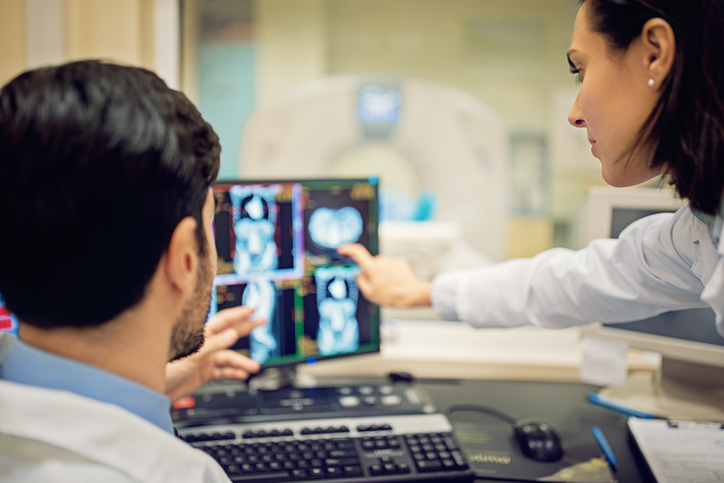The gut-liver axis plays an important role in the overall health and immunity of the body, and has been implicated in the emergence of primary biliary cholangitis (PBC) and other autoimmune liver diseases such as primary sclerosing cholangitis.
The importance of the connection between gut health and liver health suggests that good gut microbiota health improves symptoms for people living with PBC.
PBC is a rare autoimmune liver disease that causes the inflammation and eventual destruction of the bile ducts in the liver, and subsequent damage to liver tissue and function. It mainly affects women aged 35-55 years and has no clear cause and no cure. Treatment is available to slow disease progression, and a healthy diet and lifestyle can help manage symptoms. The most common symptoms are fatigue, itchy skin, brain fog, eye dryness and jaundice. People living with PBC can also experience digestive problems, fat malabsorption, with symptoms including nausea, bloating and abdominal discomfort.
An imbalance of the gut microbiota (or gut microbiota dysbiosis) such as a decrease in the diversity of microbiota, a loss of “good” bacteria or an abundance of harmful microbiota is often found in people living with PBC. Restoring balance to the gut microbiota can help manage PBC symptoms and may help slow disease progression.
Good gut-liver health
A holistic approach to gut health will support liver function and overall well-being, by reducing the impact of symptoms on quality of life.
PBC medication: The first-line use of ursodeoxycholic acid (UDCA) in treating PBC has been shown to support the gut-liver connection by restoring gut microbiota. However, UDCA is not compatible with all people living with PBC.
Healthy diet and lifestyle: Adopting and maintaining a nutritious diet and active lifestyle helps manage PBC symptoms by supporting liver function. A diet that is low in salt and saturated fats and high in soluble fiber, with plenty of fruit and vegetables is recommended for people living with PBC. Alcohol, caffeine and sugar should be avoided or limited. Regular physical exercise such as aerobic exercise will benefit liver health, reduce fatigue and boost mental health.
Probiotics: Probiotics are live microorganisms that are taken as food supplements. They improve the “good” bacteria in the gastrointestinal tract, helping to correct the imbalance that causes gut microbiota dysbiosis.
People with PBC don’t properly absorb vitamins and other nutrients, so supplements of calcium, folic acid and vitamins A, D, E and K are also recommended.

